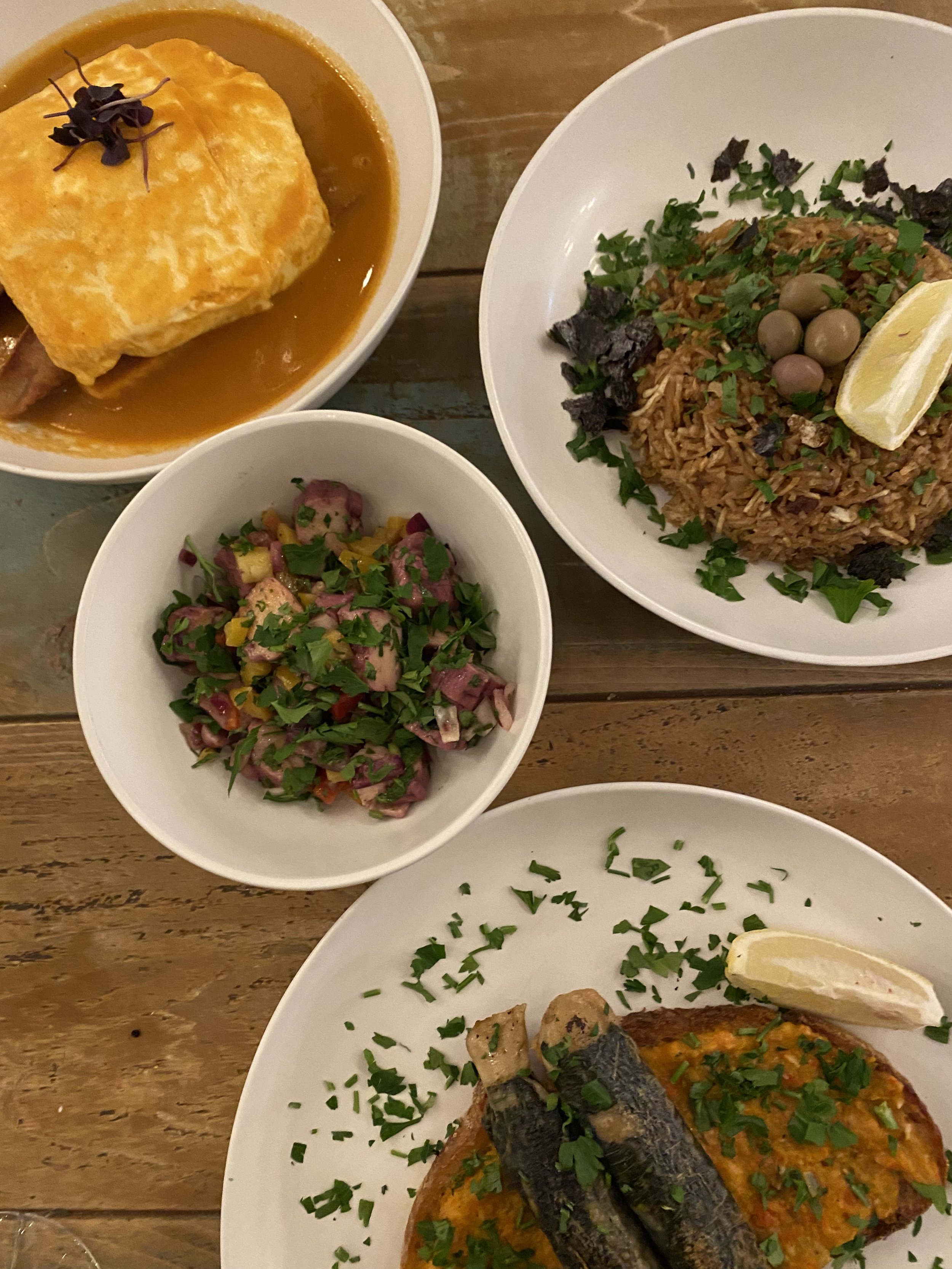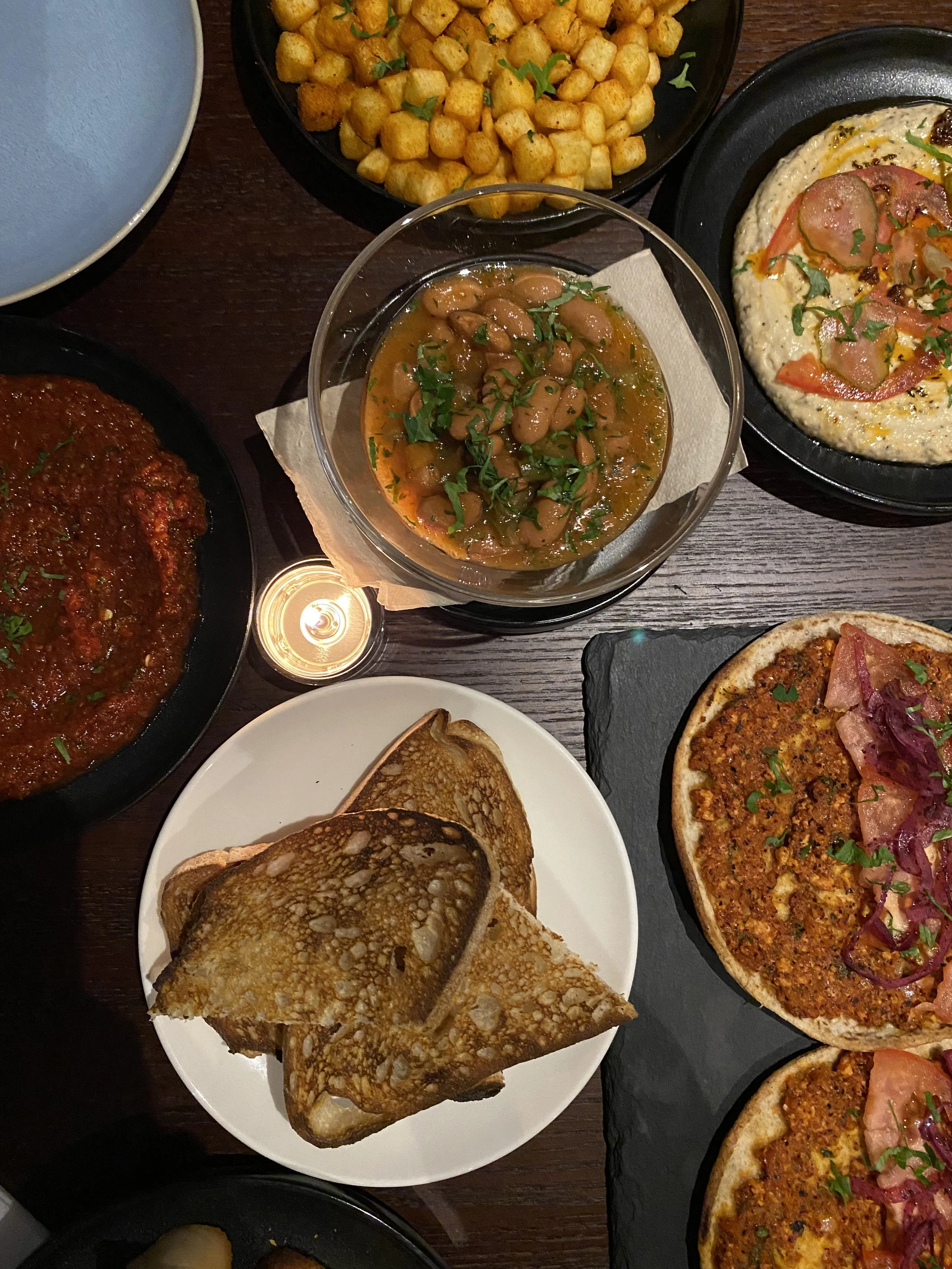For Wine Is the Kingdom
I’ve always seen wine as one of the great mysteries of life. Despite having spent the best part of a decade drinking it, up until recently, I was still either enjoying wine or not enjoying it – and that’s having only just weaned myself onto red.
If someone described a wine as ‘floral’ or ‘oaky’, I’d probably nod politely, but mostly, wine to me was the flavour I felt in my head (sober/tipsy/drunk), and that’s despite it being my tipple of choice without fail.
When being at bars was a thing, I’d tend to play it safe with a classic Chenin Blanc or Pinot G, knowing that I could trust them, not daring to stray beyond what I knew I liked. I’d had multiple bad experiences with the house white in a specific club in town, the kind of place that you don’t go to but rather end up at; this meant that I always forgot how much I hated it. It turned out to be a Chardonnay: I filed this info away into my far from extensive wine knowledge so that I knew never to order one again unless I was feeling really self-deprecating. More than anything, I had no confidence with wine, and that felt daft given how much I enjoyed the stuff.
Then, a good friend guided me to the book Wine. All the Time: The Casual Guide to Confident Drinking by Marissa A. Ross, and it was as though I’d found a kindred spirit in her. In a refreshingly down-to-earth exploration, the book is a tongue-in-cheek guide to everything wine-related: the process of making it, wine tasting, grapes, varieties and pairing. It’s a completely genius guide without any of the ego - if I were to recommend you to take a book to be your bible, this would be the one. But the most important thing that I took from Ross was the general sense that whatever your approach and however much you know or don’t know, everyone has the equal right to enjoy wine with confidence.
I’ve come to see that wine knowledge and wine appreciation are two completely different things. It’s easy to feel intimidated out of appreciating wine by not having a comprehensive understanding of what it is and what differentiates wines. I say this with the utmost respect for people who have spent time fine-tuning their knowledge of wine. Still, this approach is just not feasible or even particularly appealing for some people: what is important is learning to respect that knowledge and appreciation are not interchangeable. Wine knowledge should be something deeply personal to each individual’s tastes, in the same way we treat fashion or film tastes rather than something gained exclusively by poring over a wine bible.
So, instead, take your wine bible to be one you build up yourself for yourself by challenging yourself to take the plunge and try something new. Next time you’re shopping for your daily essentials, stand in the wine aisle for a while and go for something different. If your instinct would be a sweet rosé, why not try a sweet white instead? Or if you’ve never been a big lover of red but would like to start with something light, perhaps a Pinot Noir? The beauty of doing this in a bar rather than by buying a bottle is that if you don’t like it, you’ve only purchased a glass: but if you do buy a bottle to drink at home and find that you don’t like it, transfer it to a cupboard to use as cooking wine. Cost-efficient and nothing elevates a lasagne like a bottle of tempranillo!
Once you’ve sourced your adventurous new bottle, it’s time to pour yourself a drop and try it. Swill it around in your glass. Think about the colour: if it’s red, is it a deep red or more transparent, resembling juice? If it’s white, does it look light, green, yellow or even slightly orange? From this, you can start to gauge what you can expect to taste. Then, close your eyes so you can focus your senses more. Bring the glass up to your nose (maybe keep your eyes open for that bit to avoid a faux pas) and give it a whiff. Wine will always smell like wine to me, but you’ll start to notice other things in the aroma through a bit of practice. Perhaps it’s smoky, acidic, woody or floral.
Then, with your eyes closed still, give it a taste: just a sip. Think about what it feels like: where you notice it first and the sensations all over your palette. Does it sparkle, does it feel dull or acidic, is it syrupy and thick, or smooth? Then, think about the taste: do you get more classic tones, such as apple, blackberries, roses, raisins? Or more outlandish tasting notes, such as mushroom, asparagus, coffee and diesel?
The beautiful thing I find is that you can’t really go wrong because everyone’s palettes are so different. Sometimes you’ll agree with your drinking buddy; other times you might not. These days, it’s my moment of mindfulness to zone out and discern flavours in a glass of wine, and it builds my confidence, makes me feel like I actually know things about wine. Since consumption can become so constant and mindless in a busy life, tasting is an opportunity to really hone in on your senses and feel every drop, letting the world around you melt away.
So, let’s open up the wine conversation and stop being so offended by what other people are drinking. At the end of the day, it doesn’t make a difference whether you know what you’re drinking or not, as long as you’re enjoying it. Open up the conversation with yourself with a bit of trial and error, and when you do find a few wines you can’t stand, cross it off the list and say it’s not for you, rather than leaving it a mysterious, fogged-up name on a menu that could be anything.
I know exactly what Echo Falls is and isn’t, but let’s not judge it or anyone who drinks it. Just because you might’ve had the ‘no thank you’ taste (probably when you were fifteen getting plastered in your mate’s conservatory while she’s snogging that guy with the moped from sixth form), that doesn’t mean that other people can’t find out how they feel about these things for themselves.
These days, I’m no longer ashamed of all the faking I’ve done with wine. By spending so long smiling and agreeing and lying about my taste, I’ve actually managed to build up my own understanding of my personal preferences. It’s exactly the same as dating: you’ve got to kiss some frogs before you find your prince. And as for me, well, I met Prince Nero D’Avola, a tall, dark Sicilian with a mellow personality. Juicy. Can’t complain.
Written by Caitlin Riley
Caitlin Riley is an aspiring author and wine (n)onnoisseur living in Bath, England. Her debut novel was written whilst studying for her MA in Creative Writing. Titled ‘Back to the Old House’, it’s set in 1985 and features five teenagers, a quarry in North Wales, a very old tin of baked beans, infanticide, Ovid’s Metamorphoses, and a sheep that looks suspiciously like Bill Murray (not necessarily in that order). She’s currently capitalising on furlough to plug away at book two. Her poetry can be found on Instagram at @caitlinwrites.










